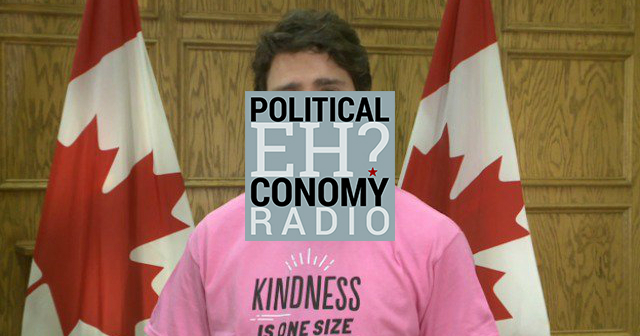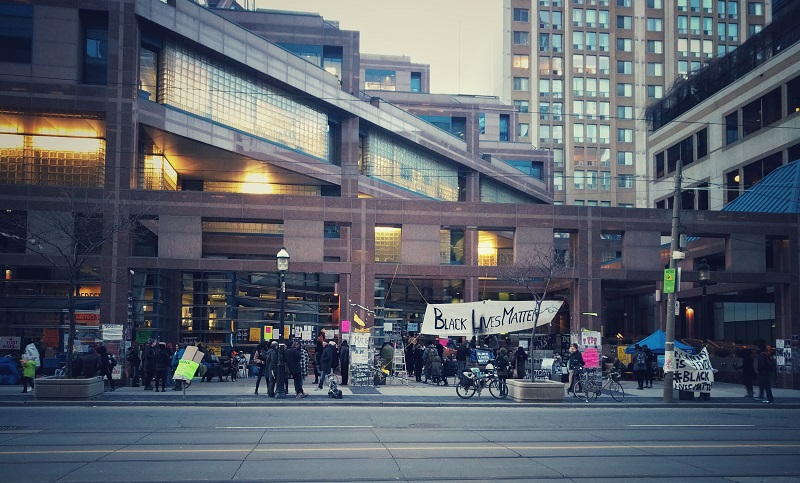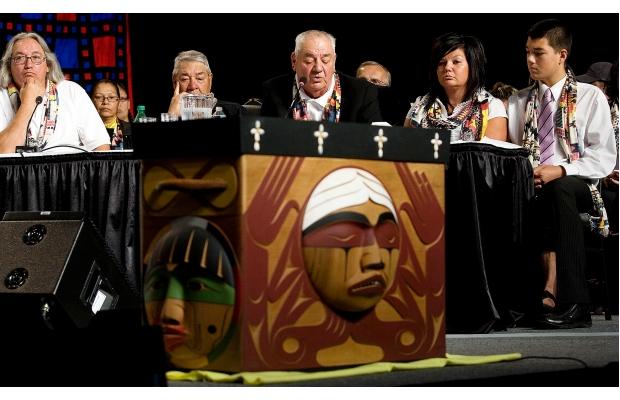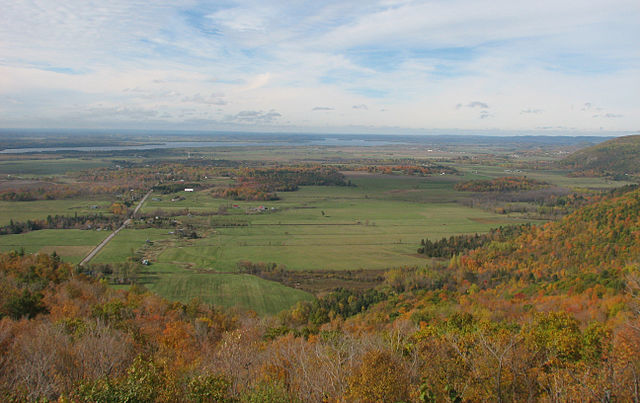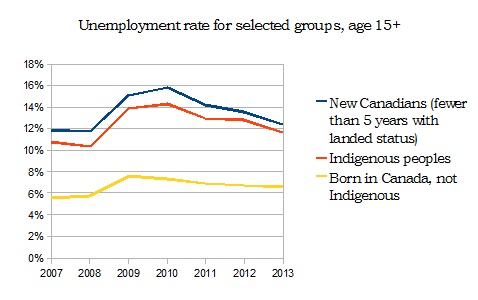Podcast: Play in new window | Download
Subscribe: Apple Podcasts | Android | Email | Google Podcasts | RSS | More
We’re one year into Justin Trudeau’s government of #RealChange, yet it’s mostly the rhetoric not the policies that have changed. Some of the shine is finally wearing off. Whether approving pipelines, settting electoral reform up to fail or privatizing airports and transit, the Liberals are showing themselves to be the good capitalist managers they’ve always been, not the anti-austerity crusaders of the last election campaign.
Today, three guests—Derrick O’Keefe, Clayton Thomas-Müller and Luke Savage—take a look back at this first year of the Liberal government and look forward to how opposition to it can develop. Derrick is a journalist, author and editor at Ricochet Media. He’s based in Vancouver and currently working on a book on BC politics and history. Clayton Thomas Muller is a climate campaigner with 350.org based in Winnipeg. Luke Savage works for the Broadbent Institute at its Press Progress media outfit and writes frequently on US and Canadian politics.
All the best to you and yours! Back in the New Year!
